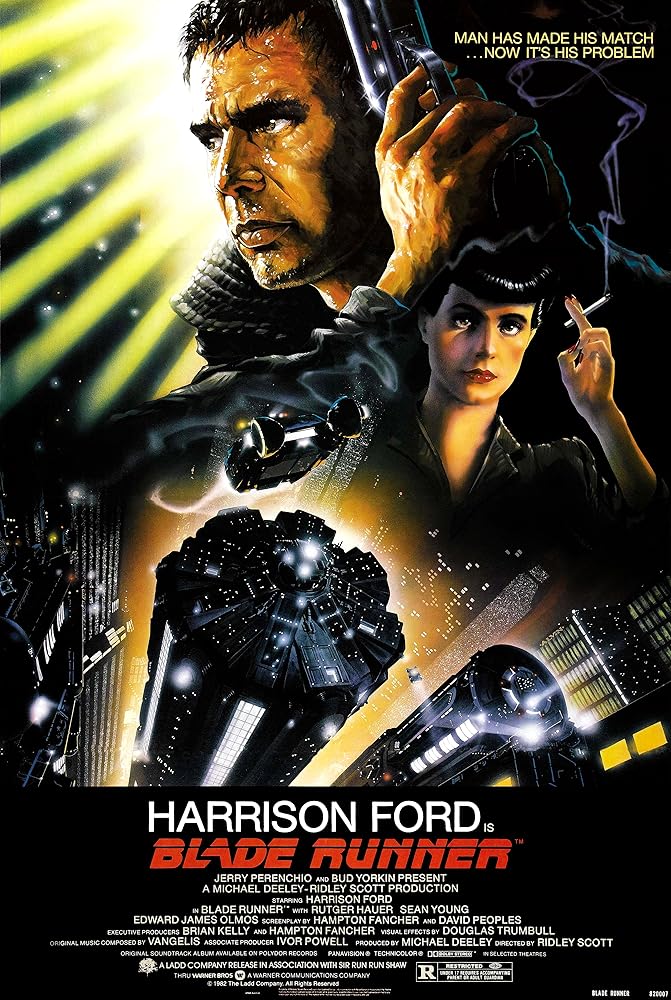
The Wall Street Journal recently reported on the "Blade Runner" curse. If you're familiar with the 1982 sci-fi cult classic starring
The movie "conjured a
Director
By my count, of the eight companies depicted in the movie, five either disappeared, were broken up or were bought by other firms.
Hence the "Blade Runner" curse. Appearing in the movie apparently jinxed businesses. And yet, many companies are lining up to appear in the forthcoming sequel, "
As my
"At its best," Williamson writes, "science fiction imagines a future that illuminates the present, but on the subject of the social role of the corporation, science fiction has long been backward-looking, out of touch with the reality it would analyze."
For all their alleged power, big corporations are often powerless when it comes to the simple task of surviving. As Williamson notes, "Only 67 of the firms in the Fortune 500 in 1955 remained there by 2011."
"The average age of a company listed on the S&P 500 has fallen from almost 60 years old in the 1950s to less than 20 years currently," a team of
The same dynamic holds true for another favorite supervillain: the super-rich. French economist
Fewer than 10 percent of the 400 wealthiest Americans who appeared on the Forbes list in 1982, when "Blade Runner" was released, were still there in 2012. As for the permanent aristocracy of wealth, of the 20 biggest fortunes on the 2013 Forbes list, 17 of them were self-made.
What explains this? Simply: capitalism itself. The "Blade Runner" curse isn't real; it's normal. The economist Joseph Schumpeter famously pointed out that monopolies can't last forever in a free market because monopolies get ossified and overly dependent on their existing business models. Entrepreneurs and innovators figure out new techniques and technologies that run circles around the big guys. That was the whole point behind another
As Adam Smith noted in "The Wealth of Nations," the only thing that can make a monopoly permanent is government, because only government can prevent the sort of innovation and competition that undermines every corporate behemoth.
And that's why the most plausible dystopian visions, like Orwell's "1984," involve the state exceeding its rightful authority and imposing its idea of how everyone else should live -- humans, replicants and businesses alike.
Comment by clicking here.
Jonah Goldberg is a fellow at the American Enterprise Institute and editor-at-large of National Review Online.


 Contact The Editor
Contact The Editor
 Articles By This Author
Articles By This Author